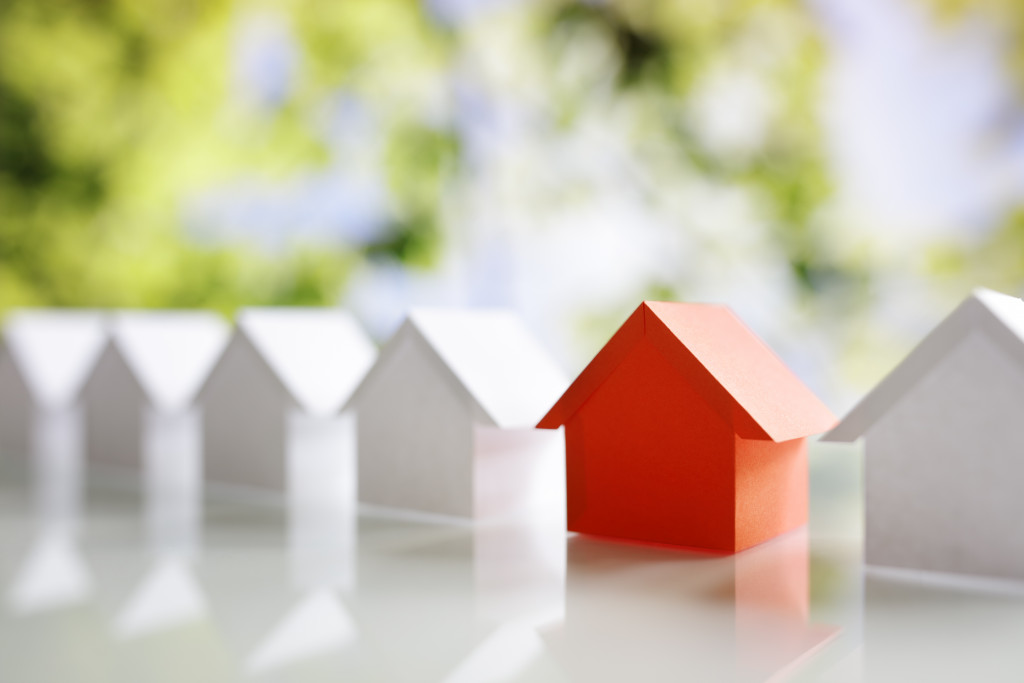The American Dream is not complete without a home of your own. That makes homeownership incredibly tempting for a lot of people. Sadly, a lot of families that fall into the low-income category may think that this is a dream denied to them. But mortgage lenders are mainly concerned about steady flow. Even if your income is low, if you have a stable job with steady cash flow, then you too could be eligible for homeownership.
Yet, there are considerations in buying a home that goes beyond being able to meet your mortgage payments. Your familiarity and preparedness for those considerations could make all the difference if any problems ever crop up.
Stick to Your Budget
If you find your “dream home,” you may be tempted to overspend, but this would be a grave mistake. Breaking your budget can have lasting consequences for higher renovation costs to increased maintenance fees.
It would be best if you were spending between 25 to 30% of your total income on your home, and breaking your budget at the outset could cause these costs to spiral out. It is entirely possible to find a suitable home within budget, and then make its attractiveness into a home renovation project for you and your family.
Know What You Want
The costs involved in buying a home depend heavily on the type of house you choose. If you care about having a yard, then a traditional place is for you. If interior design matters more, then a condominium might be more to your liking.
Do some research and find out what sort of tax breaks and schemes there are that are associated with the type of home you want. For example, there are sizable tax deductions you can qualify for if you choose a home to which you can add solar panels. Also, there are rent-to-own schemes that can give you the freedom of renting with the surety of eventual homeownership.
Select the Home that Best Suits You
There are many types of houses, and they are all suited to different needs and wants. Having such a range of options also means that there is a type of home suited to every budget.
Prefabricated houses are now built more sturdily and can be assembled within a surprisingly short time frame.
A sustainably built green home can cost a bit at the outset but will save on bills in the long term. Even investing in a custom-built house can be a cost-saving measure as you will dispense of renovation costs, as these can add up over time.
Choose for the Future
A home is a long-term investment, and you need to be sure that your home is adjustable to your ever-changing life. Your current life situation can be a jumping-off point for these questions.
If you are single, then ask yourself: can this house become a marital home? Do I see myself raising a family in this house?
If you are in a relationship but childless, ask yourselves: do we want children? If so, is this house in a good neighborhood to raise kids? Is the house large enough to raise kids?
If you already have children, then ask yourselves: does this house have enough room for growing children? Is it spacious enough to ensure closeness as well as personal space?
Ask the Professionals
Buying a home is a big investment, and you may not have the time or the know-how to learn everything you need to know about homeownership. Therefore, it is a good idea to do some research and ask friends and colleagues to help you find a trusted realtor. That will not cost a lot as the realtors’ commission is paid by the sellers.
Having someone who understands your needs and understands the business of buying a home, inside and out, could get you a better deal.
Also, find out where you can get the best homeowners’ insurance. That could be a substantial cost-saving measure if anything unexpected were to happen with your home.

Owning a property comes with its downsides like having to do more chores. But they are chores to do, with an accompanying sense of fulfillment in doing what needs to be done for your home.
You are giving yourself and your family a sense of stability. A place that is all your own, which you know will always be there. This very comforting feeling of having set down roots in a constantly changing world can have lasting positive effects on your health and well-being.

